I'd like to debug some multicast issues, and I hope to have some small programs/utilities to display incoming multicast packets.
From the sending machine(A), I use Richard Stevens's sock program(provided with his TCP/IP Illustrated book Vol1) to send multicast packets(source port=dest port=7000), like this:
sock -u -b 7000 224.0.0.7 7000
On the receiving machine(B), I can capture the very sent packet with Wireshark, however, the same sock command running on B does not report receiving anything.
Then, what program should I use on B to see incoming multicast packets, aside from Wireshark which is overkill.
Linux and Windows programs are both welcome.
